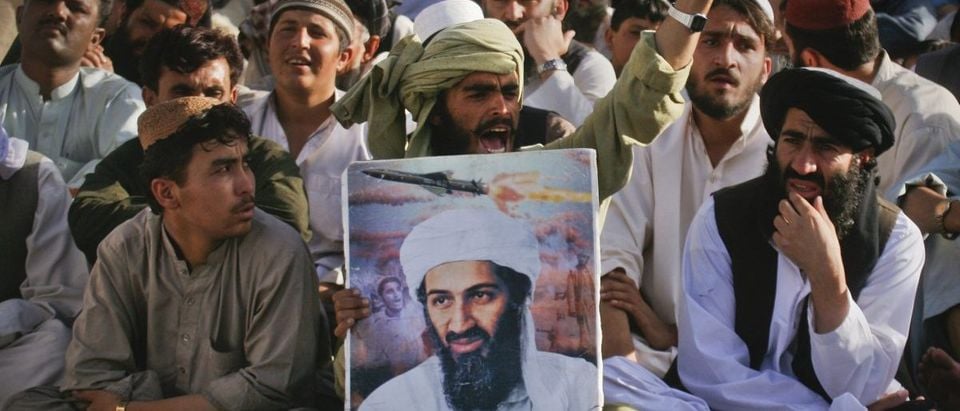Al-Qaida has now established its newest base of operations in Karachi, Pakistan, the seventh largest city in the world.
The branch, referred to as al-Qaida in the Subcontinent (AQIS), is largely shrouded in mystery, but its presence in the first city of a major U.S. ally has raised alarms. Karachi’s massive population of some 20 million, along with its status as a major port city, has allowed the terrorist group to blend in and set up networks in various mosques and madrasas (Islamic schools).
“They (al-Qaida) are making a comeback of sorts,” Saifullah Mehsud, director of the FATA Research Center, told The Washington Post. “But it’s a different, more localized al-Qaeda.”
AQIS was established by al-Qaida leader Ayman al-Zawahiri as a response to the growing influence of the Islamic State in Iraq and Syria. Al-Qaida started the branch by doing what it does best: radicalizing youth in religious institutions, as well as rallying smaller militant groups under its banner. The group has a particularly close relationship with Tehrik-e-Taliban Pakistan (TTP), the Taliban’s Pakistani branch.
Unlike ISIS, AQIS focuses on waging jihad in the Indian subcontinent, which includes India, Pakistan, Bangladesh and Sri Lanka. The group has engaged in few actual terrorist attacks since its conception, with the last coming in April when a group of militants hacked a Bangladeshi gay rights activist. Most of the group’s attacks since 2014 have been low-profile, with minimal casualties.
AQIS has only attempted one terrorist attack in Pakistan thus far; a botched hijacking of the navy ship PNS Zulfiqar in September 2014. Though the operation was a failure, it was discovered that at least five Pakistani Naval officials had a hand in the operation. Pakistan, particularly its ISI intelligence service, has had a long history of close ties with radical Islamists despite the country’s alliance with the U.S. and official anti-terror policy. Perhaps the most notorious example of collusion between the two groups was revealed when it was discovered former al-Qaida head Osama bin Laden was discovered living in Pakistan near a military academy.
Despite failing to achieve the notoriety it would like, AQIS is still considered a threat to the U.S., and has been a premier target for President Obama’s drone strikes in the region.
“It is hard to predict what the future has in hold for AQIS, whether it remains the dog that didn’t bark, or whether it emerges to pose a major threat to South Asia,” said Alistair Reed in a 2015 report for the International Centre for Counter Terrorism. Reed believes that early setbacks have not completely mitigated the group, and that “the threat still remains.”
Send tips to russ@dailycallernewsfoundation.org.
All content created by the Daily Caller News Foundation, an independent and nonpartisan newswire service, is available without charge to any legitimate news publisher that can provide a large audience. All republished articles must include our logo, our reporter’s byline and their DCNF affiliation. For any questions about our guidelines or partnering with us, please contact licensing@dailycallernewsfoundation.org.


